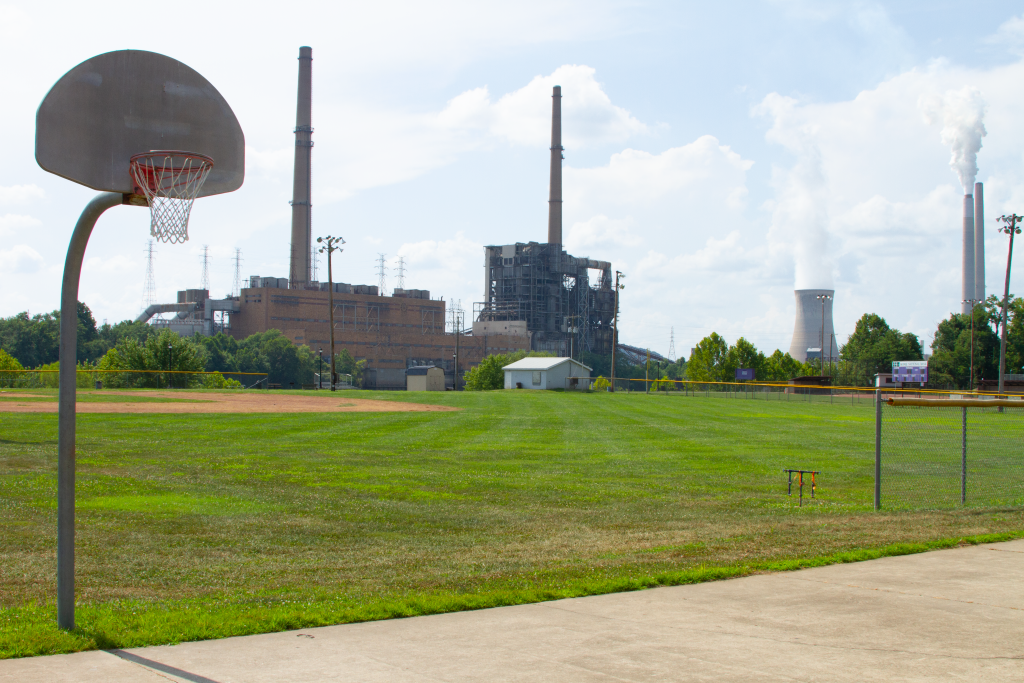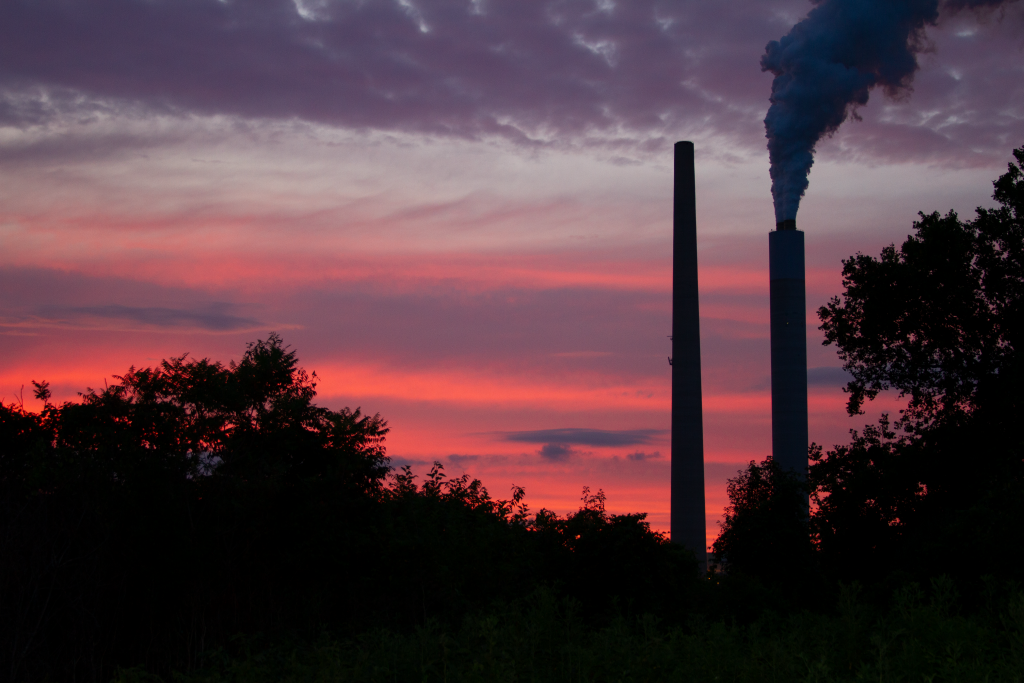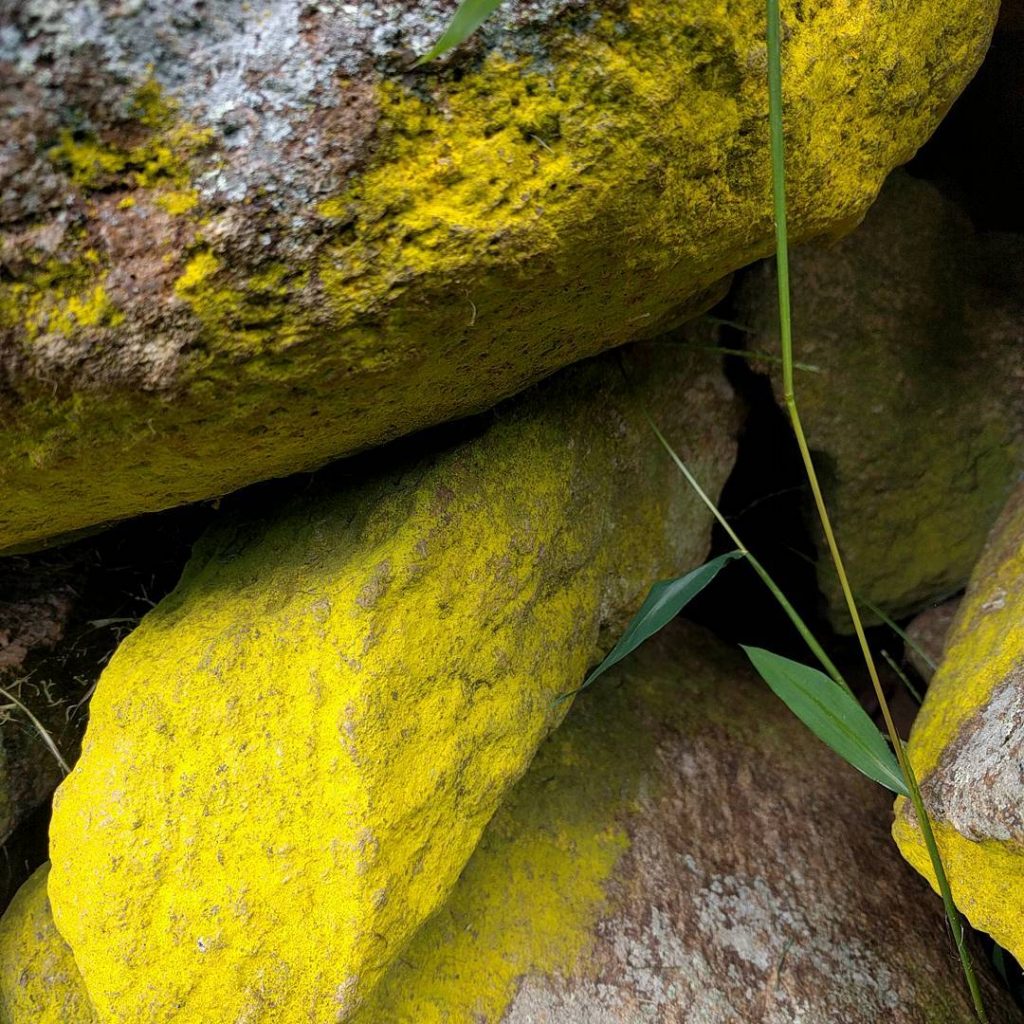
My current book project shows what we can learn about how not to have a “just transition” from the case of “clean coal” in Appalachia. I argue that robust planning for energy transitions is necessary, but that plans must be attentive to the human, emotional, and cultural dimensions of technological and industrial change. Too often, planning has been treated primarily in terms of technological capabilities and economic efficiency.
Human, emotional, and cultural dimensions are important because planning for climate response is often shaped by conflict and the threat of conflict. Groups that can demand or resist planning – like communities, classes, publics, or a national polity – coalesce in relation to these conflicts, rather than pre-existing them.
The case of “clean coal” offers lessons about sentiment, culture, and climate change that are applicable to a whole range of disruptive responses to climate change, from energy transition to managed retreat.
This book builds on my dissertation, which investigated the relationships between “clean coal” discourses, the political economy of climate change, and the material practices of coal pollution mitigation. I showed how these relationships appear from the standpoint of a community that generates electricity from coal, transports coal via barge and rail, and – in the past – mined coal. My methods included systematic content analysis of historical newspapers, interviews with community residents and public figures, and an interpretive analysis of public and corporate records that document the relationship of “clean coal” to climate governance.
My publications and presentations have, in recent years, focused on cultural, political, and economic aspects of the coal industry in Central Appalachia.

“Response to Caroline West’s ‘From Company Town to Post-Industrial: Inquiry on the Redistribution of Space and Capital with a Universal Basic Income’” Lateral 8.1 (2019).
In this response, I critically evaluate the Universal Basic Income as a strategy for achieving a “just transition” in Appalachia. In doing so, I raise questions about more local and more structural ways of thinking about solidarity.
“The politics of space in Joe Sacco’s Representations of the Appalachian Coalfields” in The Comics of Joe Sacco, edited by Daniel Worden (2015).
Through close readings of Joe Sacco’s illustrations of landscapes transformed by the coal industry and his portraits of those who live within these landscape, I argue that his realist approach enables him to make the impacts of consuming coal powered electricity visible to distant readers while drawing attention to the problems of representation involved with such a project. In doing so, I develop an account of the kinds solidarity that nonfiction comics can encourage.
Links to other related work forthcoming
My older public-facing writing is eclectic, covering topics including higher education, popular culture, music, intellectual property, climate justice, the environment, and technological change.

In 2017, I interviewed Christopher Newfield (archive), author of The Great Mistake: How We Wrecked Public Universities and How We Can Fix Them, Unmaking the Public University: The Forty Year Assault on the Middle Class, and Ivy and Industry: Business and the Making of the American University, 1880-1980, about how the public and social benefits of public universities have been undermined by neoliberalization, diminishing their abilities to deliver on their democratizing potential.
While DJing for WUVT-FM from 2008-2011, I wrote music and culture reviews for the in-house publication The Woove. Most of what I wrote was relatively ephemeral music reviews, but in 2008, I piloted a substantive interview series focused on how underground artists understand the relationships between creativity and intellectual property; these interviews featured artists like Troy Mighty of Dead Western, Matt Garfield of Mose Giganticus, Justin Duerr of Northern Liberties, and more.
I wrote for the now-defunct 16 Blocks Magazine, a hyperlocal weekly newspaper in Blacksburg VA, around 2010-2011.

My master’s thesis (2011) concerned the appropriation and use of the Frankenstein narrative across different media. While many media studies scholars at the time, especially those studying digital culture, tended to describe the relationships between new media artifacts and their filmic and print counterparts in terms that promote what is “new” about these media forms, my argument attended to the specificity of different media forms and to how older media forms anticipate and enter into conversation with new media. It is available in the Virginia Tech Electronic Theses collection.